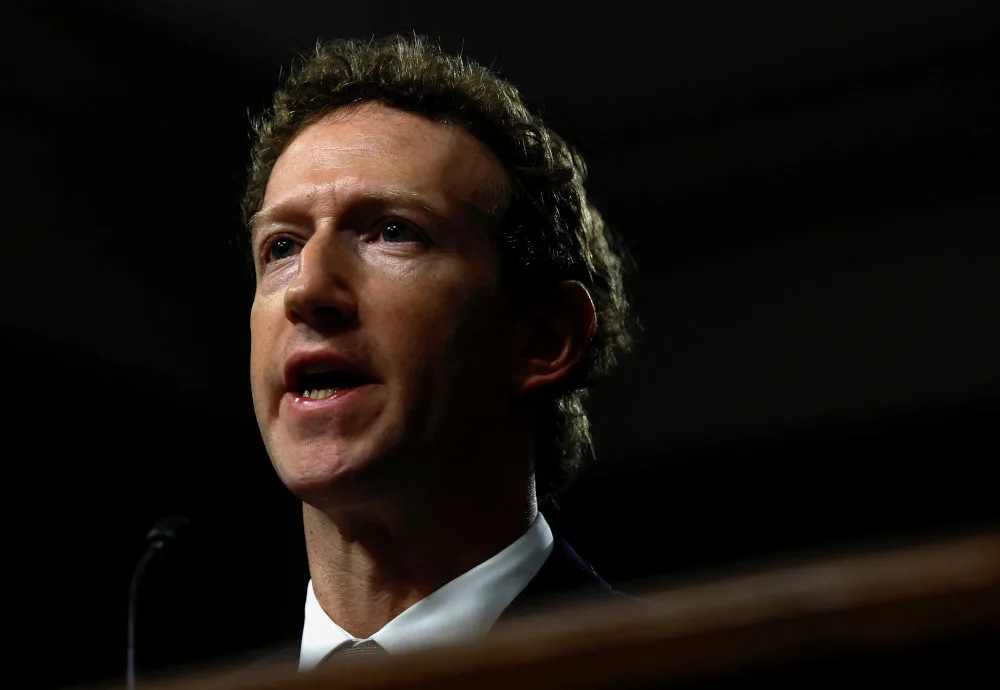Richard Teng, the newly appointed CEO of Binance, faces significant challenges in steering the world’s largest cryptocurrency exchange amid escalating compliance costs, legal issues, and a shrinking market share. Teng assumed the role after Binance’s founder, Changpeng Zhao, pleaded guilty to breaking U.S. anti-money laundering laws as part of a $4.3 billion deal to settle a long-standing U.S. investigation.
Teng must grapple with intrusive U.S. financial monitoring, an ongoing U.S. Securities and Exchange Commission (SEC) lawsuit, and the potential loss of Binance’s dominance in the crypto sector. Transforming the culture of Binance, particularly addressing allegations of non-compliance and legal issues, poses a tough challenge for Teng.
While the U.S. settlement prohibits Zhao from future involvement in managing Binance, he remains a major shareholder. Teng’s task involves not only addressing regulatory concerns but also navigating a cultural shift within the organization.
Binance’s reaction to the leadership change was evident in the nearly $1 billion outflow from the platform in the 24 hours following Zhao’s guilty plea, indicating the challenges Teng faces in regaining user trust and confidence.
As part of the resolution with U.S. authorities, Binance will be subject to five years of “financial monitorship” overseen by the U.S. Treasury’s Financial Crimes Enforcement Network (FinCEN). This level of oversight is considered unusual, challenging, and costly, even for established financial institutions with regulatory experience.
Despite Binance’s claims of increased compliance spending and restructuring efforts, the exchange’s future remains uncertain amid ongoing legal battles and regulatory scrutiny. Teng’s role as CEO presents an opportunity for Binance to address enforcement actions and work toward stability, but the path forward is complicated by existing legal challenges and the evolving landscape of the cryptocurrency market.



